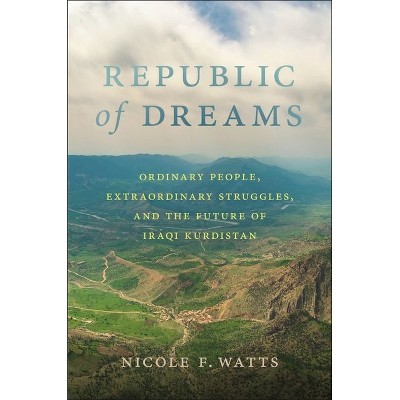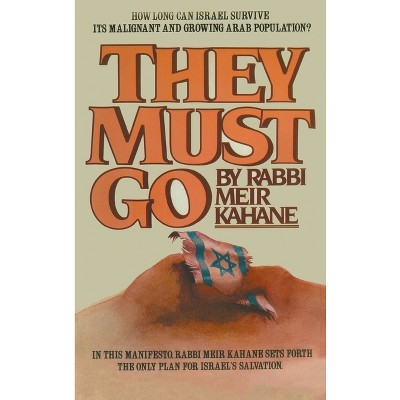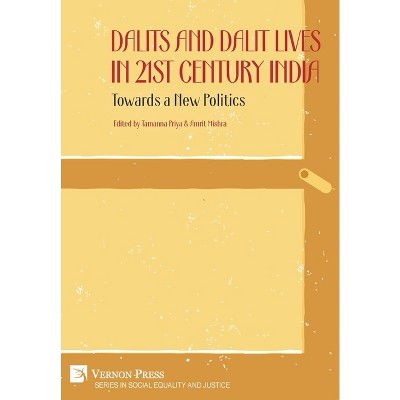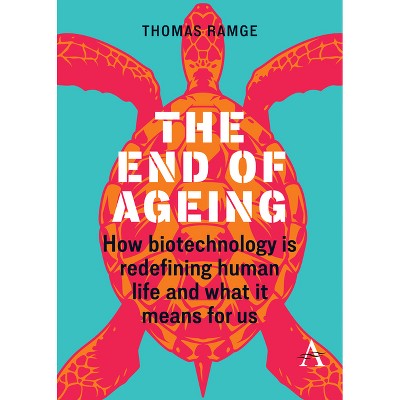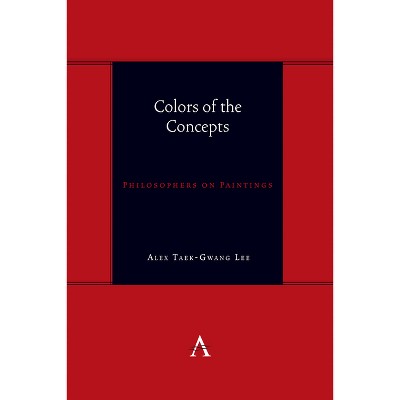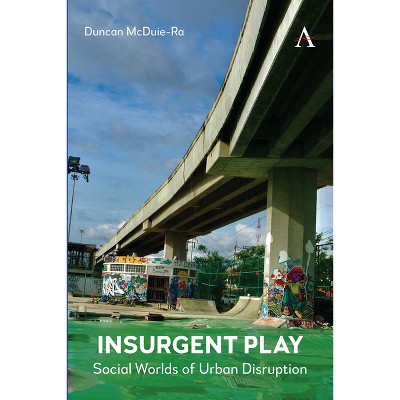Sponsored

Advanced Introduction to Antitheodicy - by Pihlström Sami
Pre-order
Sponsored
About this item
Highlights
- Our world is a world of pain and suffering--at the individual level of private lives as well as the level of historical and political events.
- About the Author: Sami Pihlström is Professor of Philosophy of Religion at the University of Helsinki, Finland.
- 150 Pages
- Philosophy, Ethics & Moral Philosophy
Description
About the Book
This book introduces the concept of antitheodicy and an approach that the author proposes to call antitheodicism as central elements of a critical ethical response to the problem of evil and suffering.
Book Synopsis
Our world is a world of pain and suffering--at the individual level of private lives as well as the level of historical and political events. The familiar examples of suffering we need to engage with range from everyday unpleasantness, such as a prolonged illness, to massive horrors epitomized in world wars and genocides, such as, at the extreme, the Holocaust. We know, in most cases, how to explain these evils: medical science tells us how and why illnesses occur, geology explains earthquakes, and history and social psychology explain what happened at the darkest moments of our civilization, and why. However, even when everything has been explained, many of us feel that we still fail to properly understand why unspeakable events like brutal mass murders and war crimes happen. Those with religious convictions may wonder why God, if God exists, allows such things to exist. The theological and philosophical tradition of theodicy is an influential attempt to respond to such questions focusing not so much on explaining suffering but on the normative question of justifying suffering.
This book introduces antitheodicy as a critical ethical response to the problem of evil and suffering. While the mainstream debate on this problem in the philosophy of religion continues to focus on theodicies seeking to justify or excuse God's allowing that there is apparently meaningless suffering, this introduction not only explains why an antitheodicist alternative is ethically superior to such attempts but also, more importantly, extends the antitheodicist approach from the philosophy of religion to broader ethical engagements with suffering. Sketching some of the historical milestones of antitheodicist thought as well as the most important contemporary versions of antitheodicy, the book argues that antitheodicy is the only decent account of suffering and that theodicies are incompatible with ethical seriousness. Theodicies tend to instrumentalize suffering in the service of some imagined overall good, or a metaphysical scheme failing to recognize the individual perspective of the victim. The significance of this essentially ethical argument against theodicies reaches far beyond the philosophy of religion, as the theodicy versus antitheodicy opposition also has interesting secular varieties. Any explicit or implicit instrumentalization of suffering in the service of real or imagined overall goodness may be claimed to be quasi-theodicist, even if it has nothing to do with religious or theological attempts to justify suffering. Antitheodicist critique is therefore needed across a range of ethical and political problems.
About the Author
Sami Pihlström is Professor of Philosophy of Religion at the University of Helsinki, Finland.
Shipping details
Return details
Frequently bought together
Trending Book Pre-Orders







